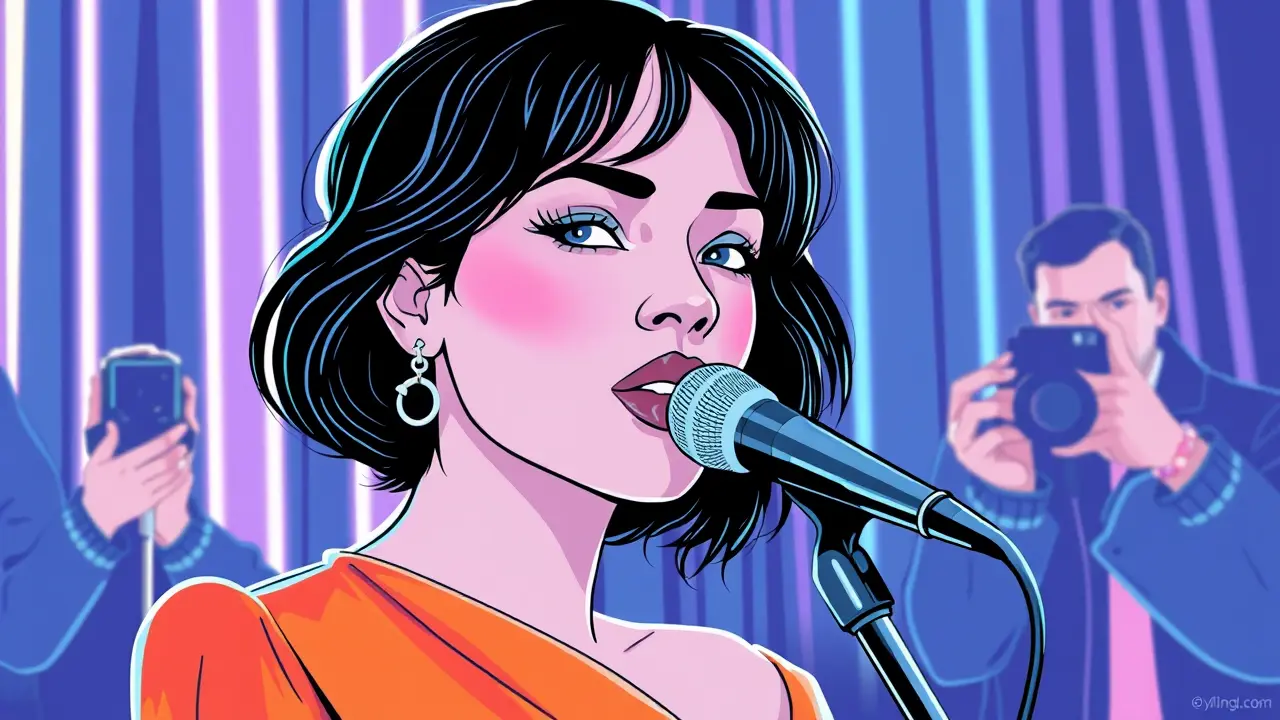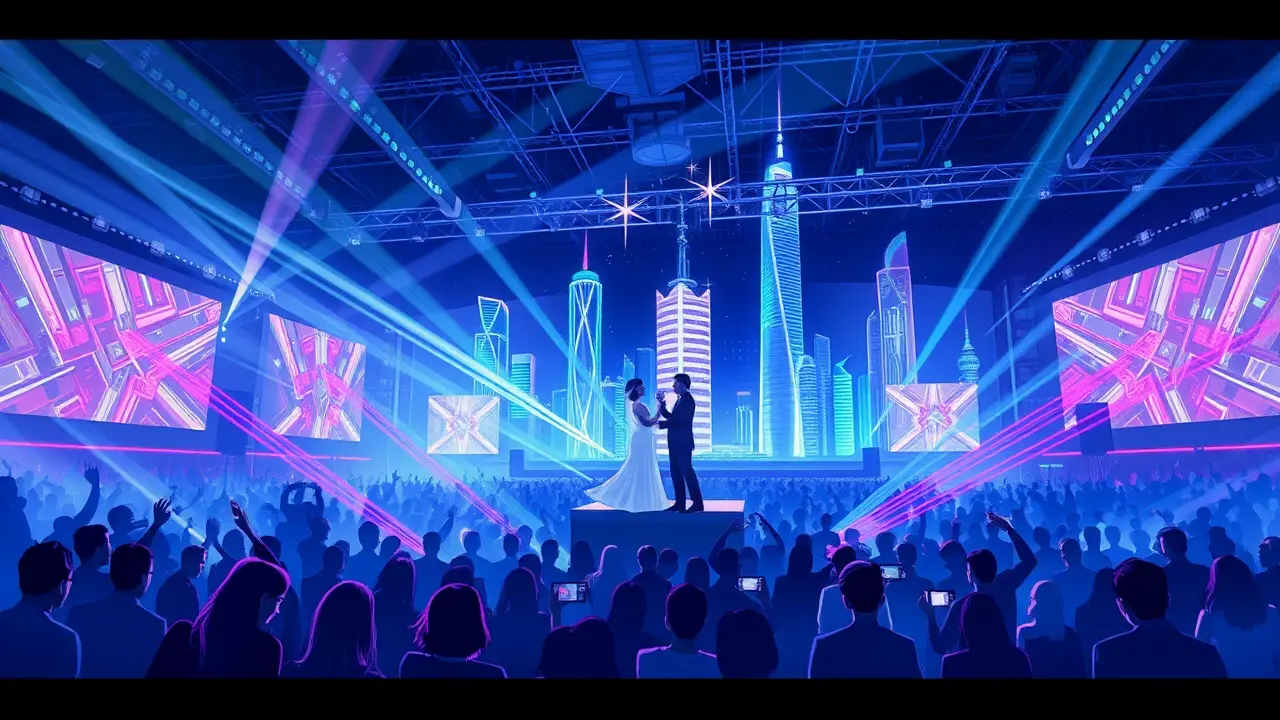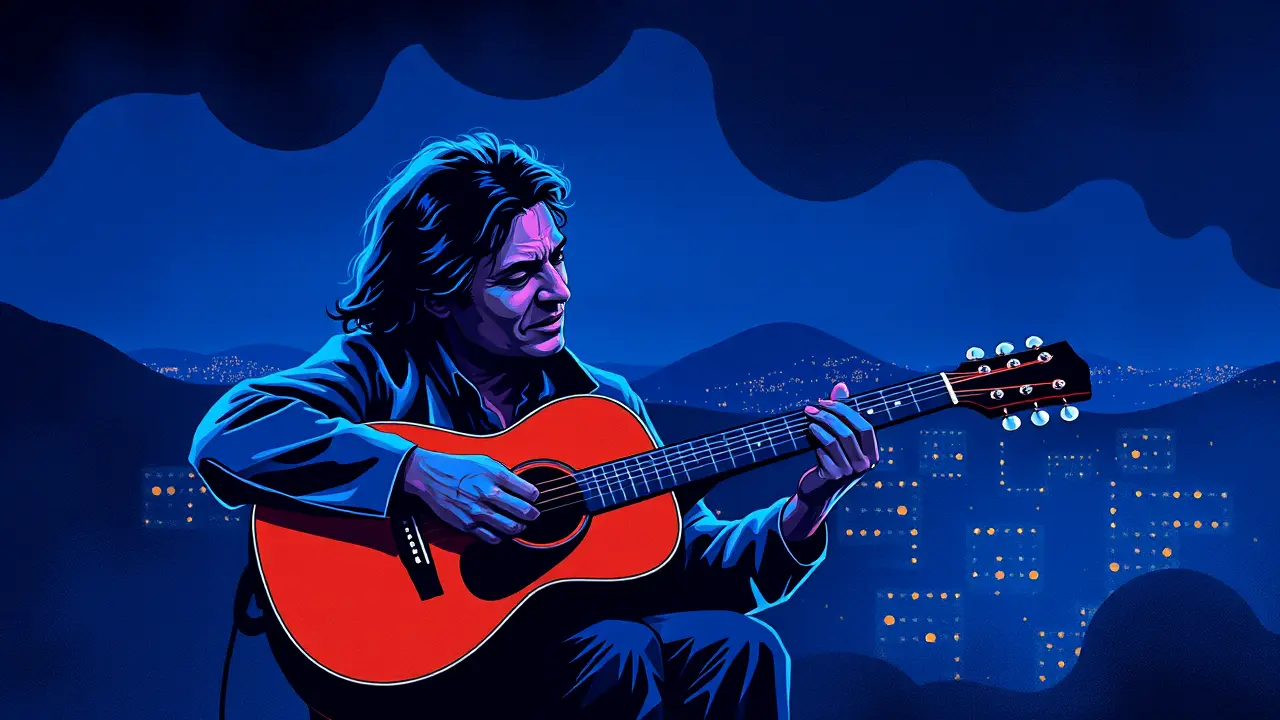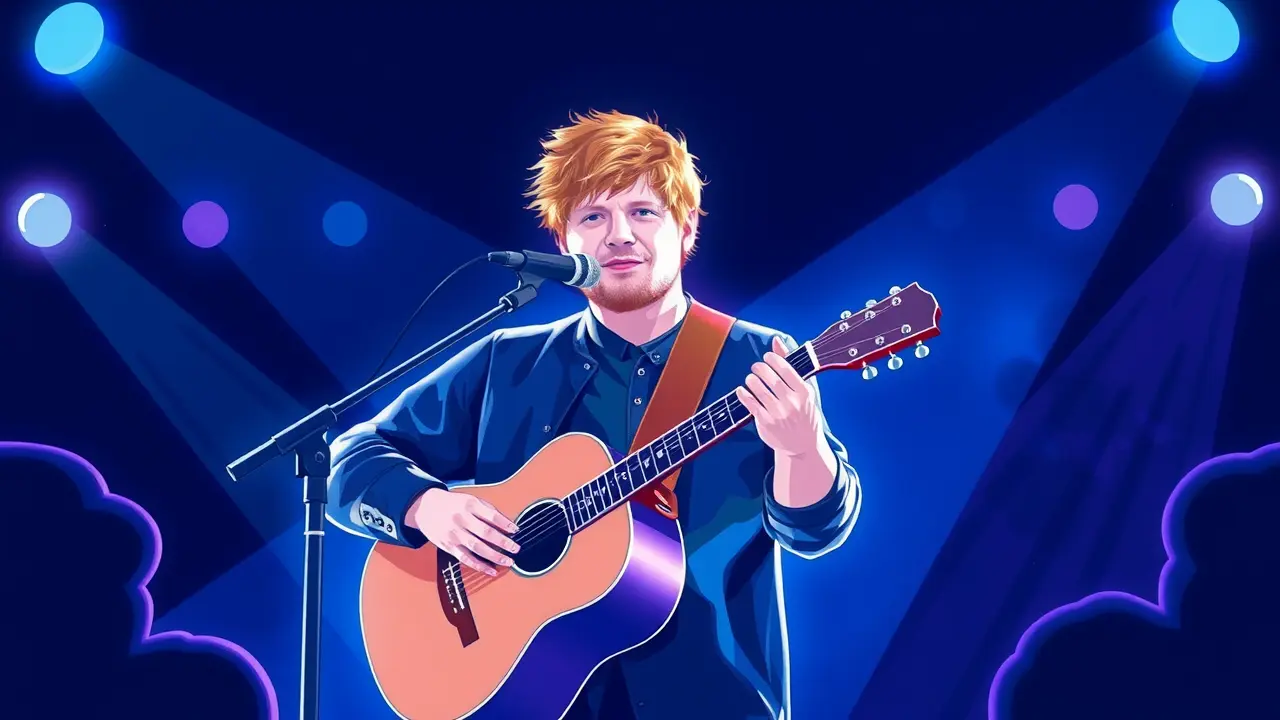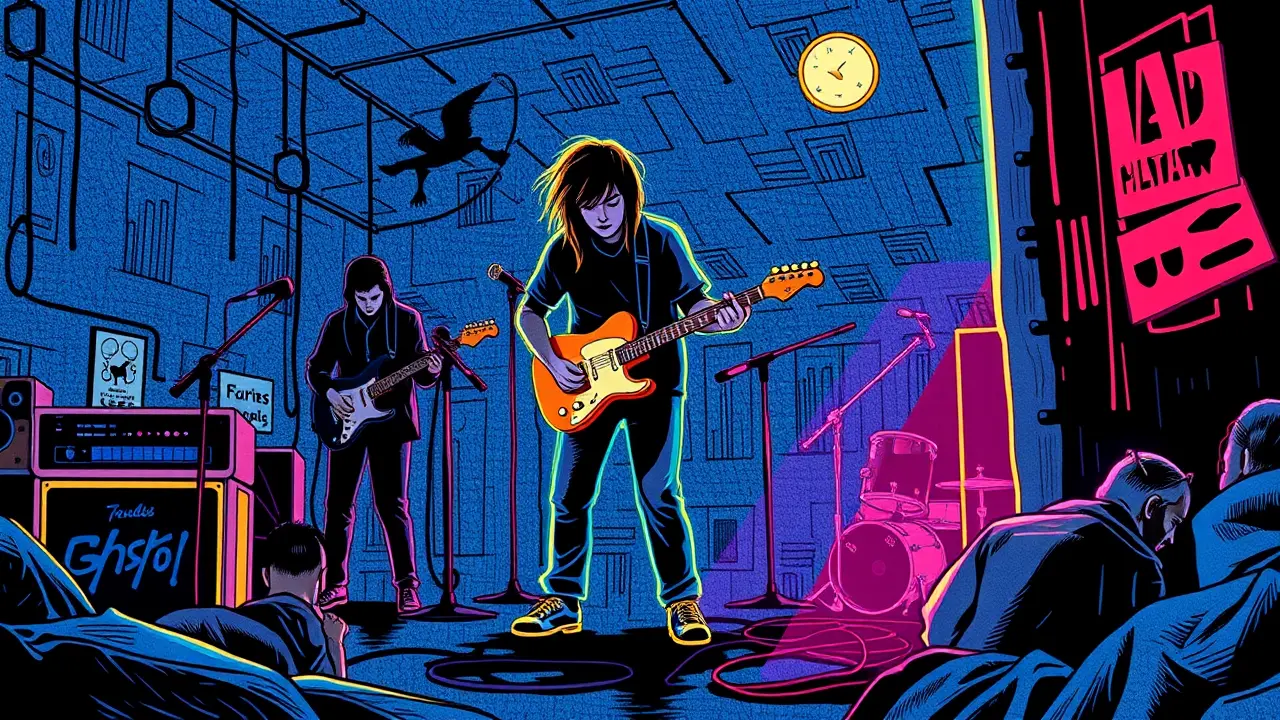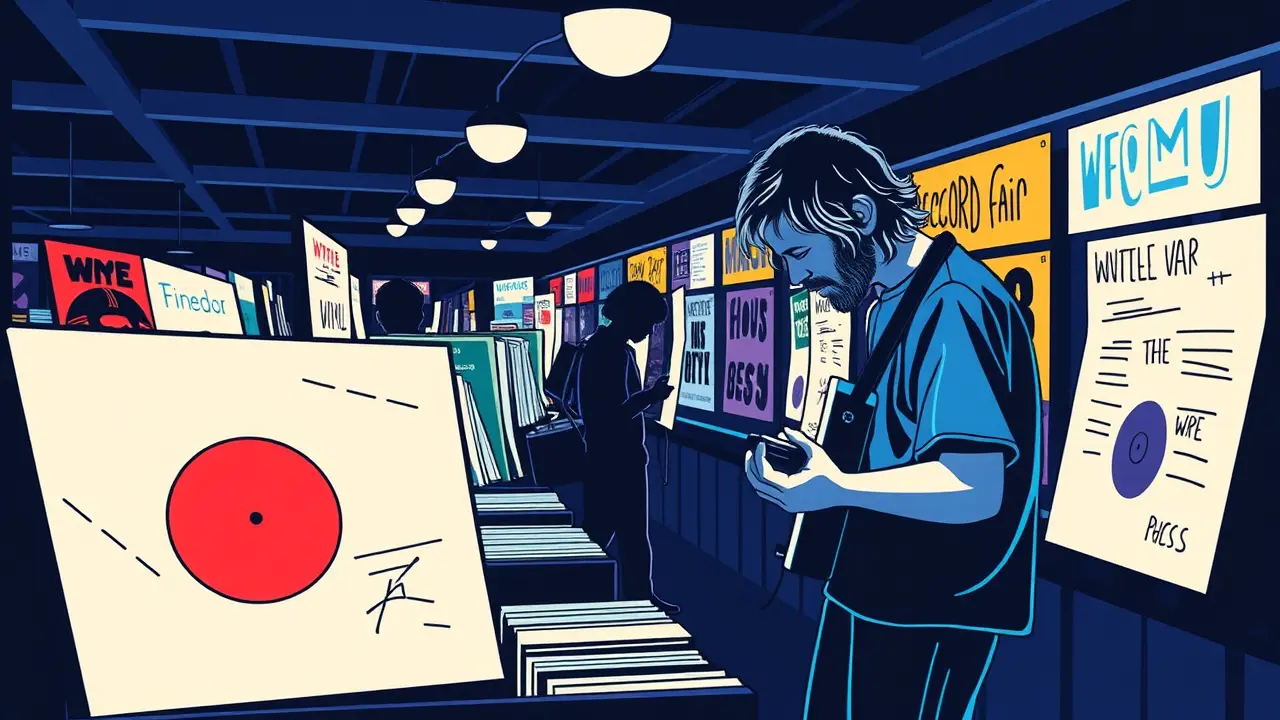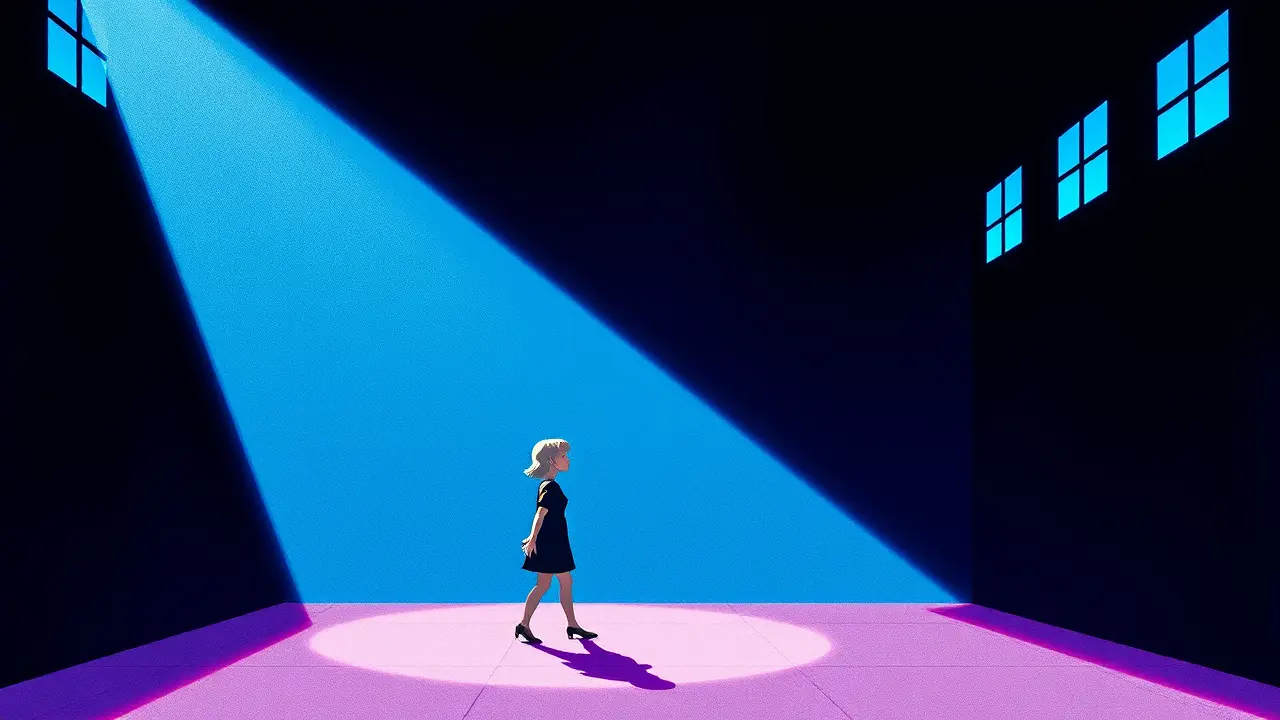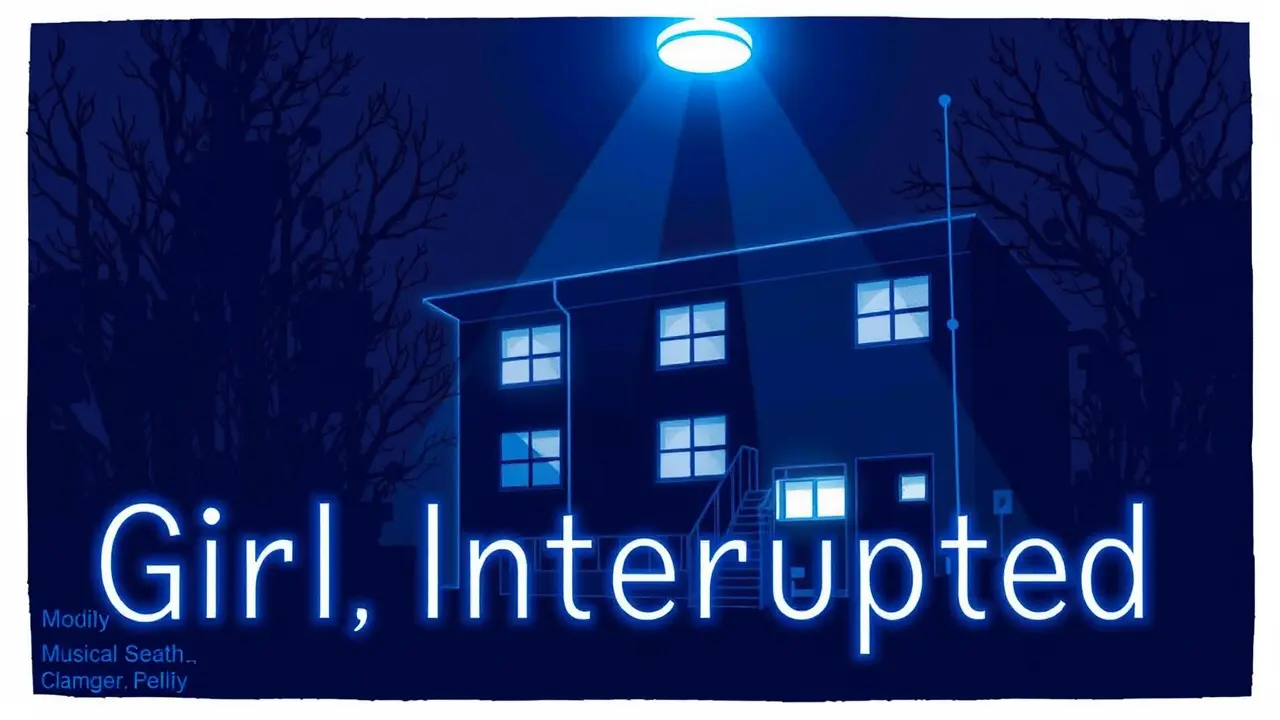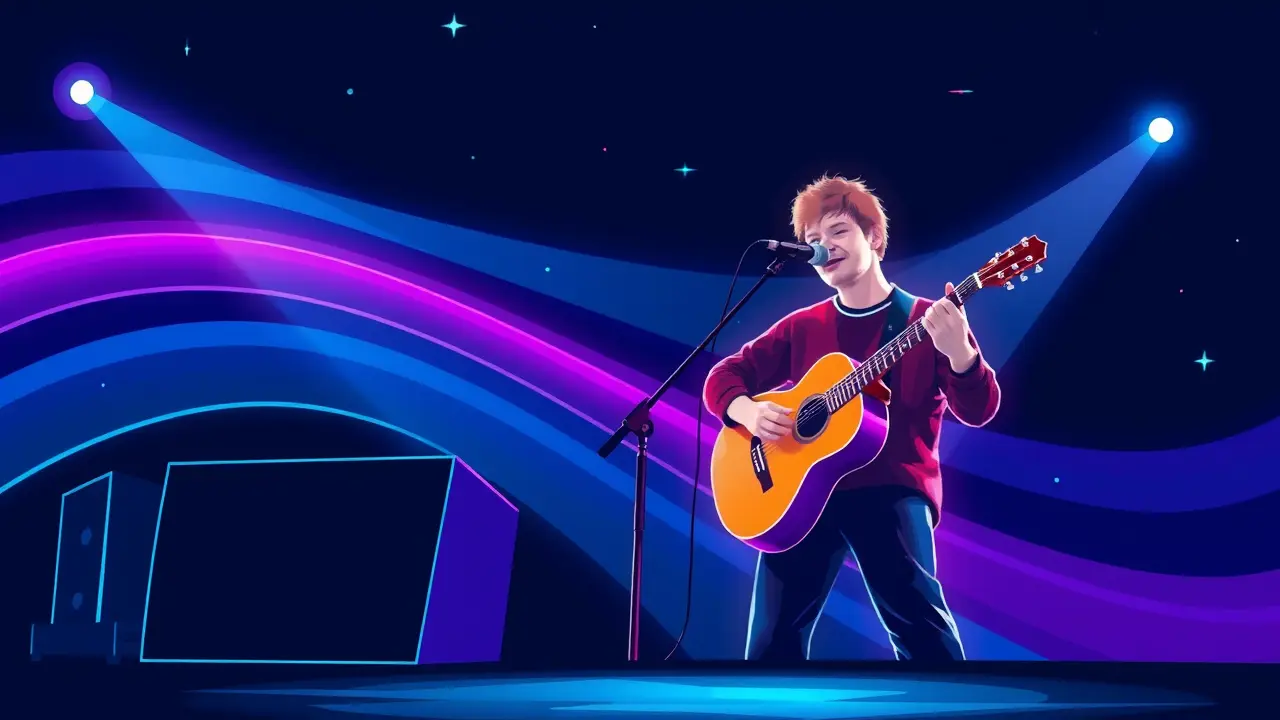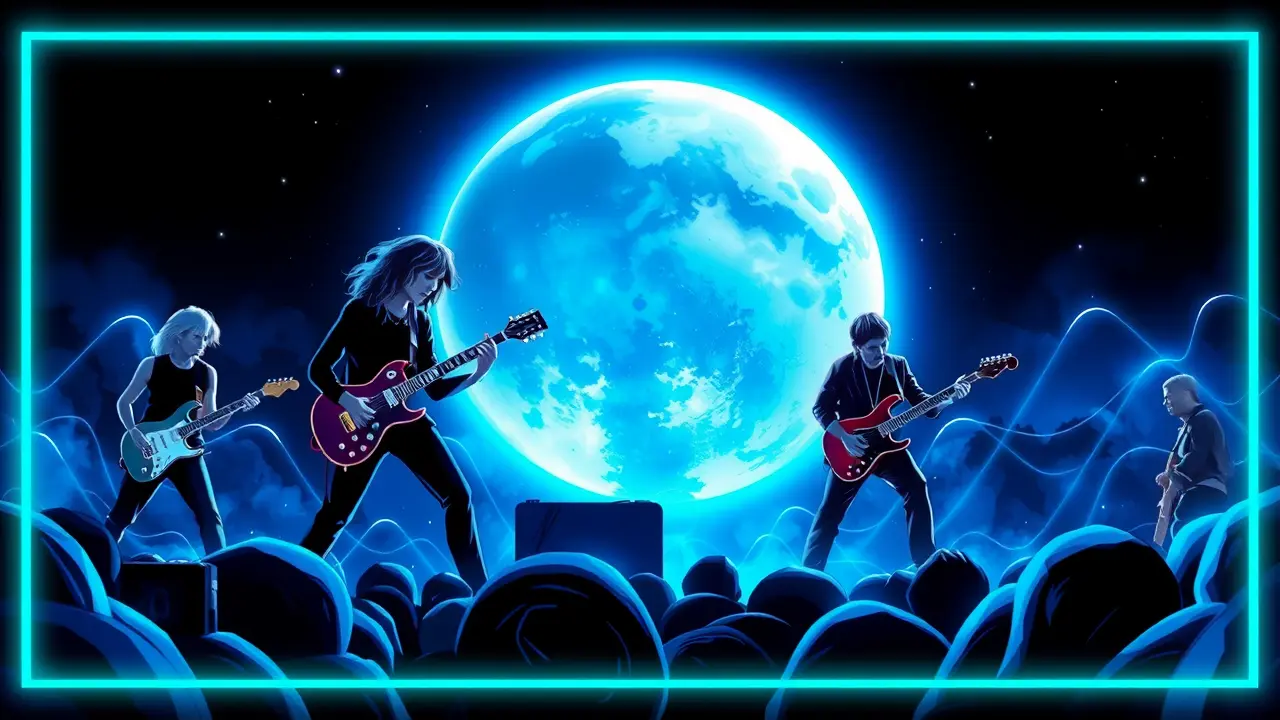
Entertainmentmusic
Why Some 20th Century Rock Bands Would Struggle Today
BR
Brian Miller
3 hours ago7 min read1 comments
Imagine Led Zeppelin arriving not in 1968, but today, dropping 'Whole Lotta Love' into the algorithm-driven chaos of TikTok and Spotify. The very architecture of modern music consumption would likely swallow them whole.The 20th-century rock band, that monolithic entity built on guitar-bass-drums-vocals and a shared dream of filling stadiums, is an artifact struggling to find oxygen in our fragmented digital ecosystem. The primary hurdle isn't a lack of talent, but a fundamental shift in the discovery pipeline.Gone are the days of A&R scouts scouring smoky clubs or a monolithic MTV dictating the visual canon. Today's breakthroughs are often orchestrated online, built on a foundation of viral moments, playlist placements, and a relentless, personally-branded social media presence.A band like The Rolling Stones, who cultivated a dangerous, untouchable mystique, would be forced to demystify themselves, posting rehearsal snippets and engaging in Twitter feuds to stay relevant. The economics are equally brutal.The album, that sacred 12-track journey, is a dying format, supplanted by the single. For a band like Pink Floyd, whose genius was in crafting sprawling, conceptual albums like 'The Dark Side of the Moon,' the pressure to constantly churn out bite-sized, hook-laden singles for streaming services would be creatively suffocating.Their art would be dissected and evaluated track-by-track, losing the immersive, narrative power that defined them. Furthermore, the visual component is no longer a supplementary music video but a central pillar of an artist's identity.Bands like AC/DC, who built a brand on a consistent, no-frills, denim-and-leather aesthetic, would be competing with K-pop groups whose releases are multi-media events involving cinematic universes, fashion lines, and meticulously choreographed dance practices. The sheer production value and constant content creation required would drain the resources and focus of a nascent rock group.The very idea of a 'band' as a cohesive, fixed unit of four or five members is also at odds with the solo-driven, producer-centric nature of today's pop landscape. Collaboration is now often remote and digital, with tracks being built layer by layer by different specialists.The magic of four individuals locking into a groove in a garage feels almost antiquated. This isn't to say guitar music is dead—artists like Olivia Rodrigo and Maneskin prove otherwise—but the path to mainstream success for a traditional rock band has been irrevocably altered. The raw power of a great riff and a soaring vocal remains, but it must now be packaged, promoted, and sustained through channels that would have been utterly foreign to the icons of the 70s, 80s, and 90s, forcing a reckoning with the very soul of what it means to be a rock band in the 21st century.
#rock music
#20th century
#mainstream success
#modern music industry
#cultural shifts
#editorial picks news
Stay Informed. Act Smarter.
Get weekly highlights, major headlines, and expert insights — then put your knowledge to work in our live prediction markets.
Related News
© 2025 Outpoll Service LTD. All rights reserved.
